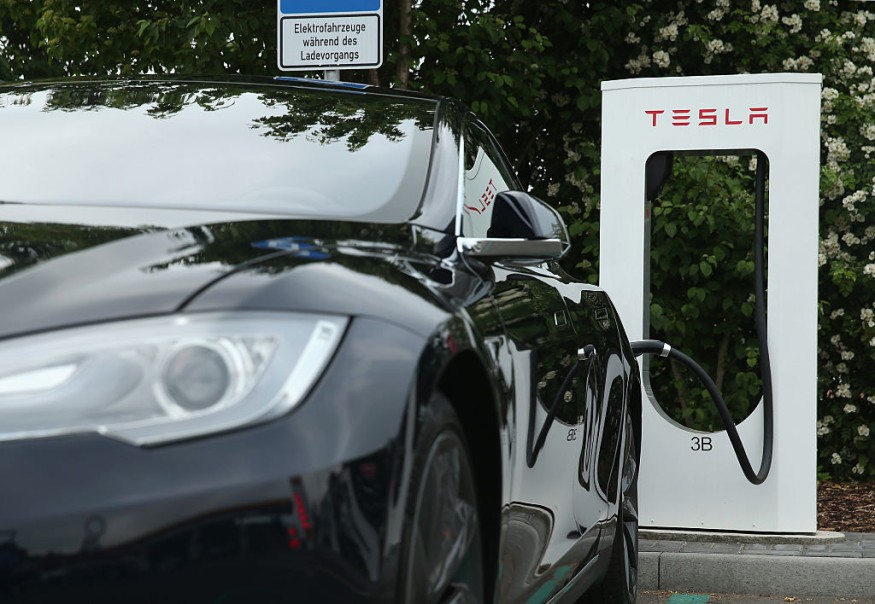
Renewable fuel credits are primarily sought out by companies still in the business of selling non-renewables but must contribute in some way to the reduction of carbon emissions. These credits come in the form of Renewable Identifications Numbers (RIN), which are generated by renewable fuel companies but can be separated for a non-renewable vendor's compliance with the Renewable Fuel Standard (RFS) program.
This has created a sort of credit market for renewable fuel companies (alongside their main one), and is currently being dominated by ethanol producers. However, Tesla has made a recent move that could see its presence in this market and pose a bold challenge to the status quo.
Why Tesla has not dabbled in RINs
Tesla has already become the household name for sustainable living in a post-climate change world, but some might be wondering why it has never ventured into the practice of selling RINs.
Well for one thing, the RFS program had existed long before the electric vehicle company made a name for itself. The program was established during the Bush administration and structured primarily for the benefit of biofuel companies and oil refiners, requiring them to blend higher percentages of renewables in their final product.
And since then, the program worked fairly well. The RIN market it created has now reached into the billions. It is also predicted that further tweaks into the program could lead to even more environmental and economic benefits in the future.
The problem was that the program's structure was centered around biofuel and there is still no clear way how it can actually be applied for Tesla's supercharger technology.
Further complicating the situation is the fact that electric vehicles are seen as a threat to oil refineries, who now face the possibility of having to acquire their RINs from Tesla. Innovating to mix newer forms of biofuel was one thing, but doing business with an entity bent on replacing them is entirely something else.
Also read : NASA Renews Spirit in Fighting Climate Change, After Being Limited in Former Administration
Impact of electric on renewable fuel credit market
If Tesla is successful in its entry, then it could spark a firestorm of discussion on the formation of pro-sustainability policies with regards to vehicles. The very definition of renewable fuel would be once again up for debate. Should it be exclusively for blends of biofuel like ethanol, or can electricity be formally recognized as such in light of Tesla's success with the concept?
In any case, it is likely that a decision could be quickly reached. One of the major campaign promises of the Biden administration is a massive reduction in carbon emissions, and allowing Tesla into the RIN market could help achieve that goal. Likewise, it could reduce the cost of renewable fuel credits, which have shot up immensely due to the COVID-19 pandemic.
One thing is clear: Tesla is one example of technological development rapidly outpacing the development of policy. The future could hold more alternative, sustainable fuel sources and the RFS may need to accommodate them all (especially when the credit subsidization financially enables more R&D).
Top that off with pressure from both the public and impending climate change, and policy makers have plenty of reasons to plan and act quickly.
Also read: Research Casts Doubt on Ocean's Carbon Capture Capacity
© 2025 NatureWorldNews.com All rights reserved. Do not reproduce without permission.





